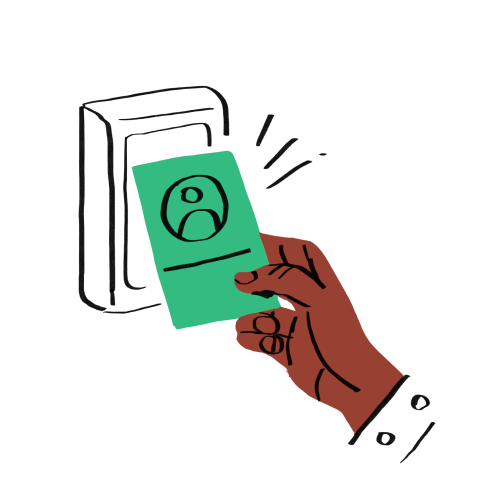What is a rental application form?
A rental application, or lease application, is a form used by landlords and real estate managers to secure a rental property.
It enables property managers to gather key details from prospective tenants, and make informed decisions when selecting the right tenant for their property.










